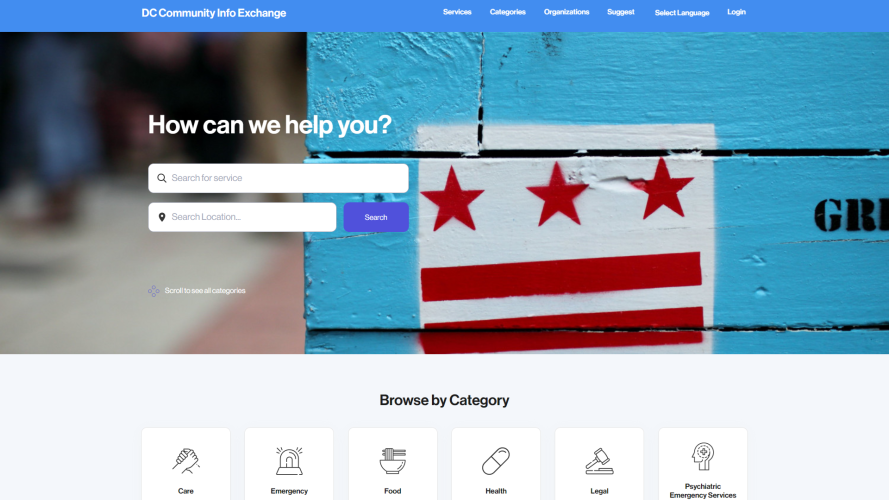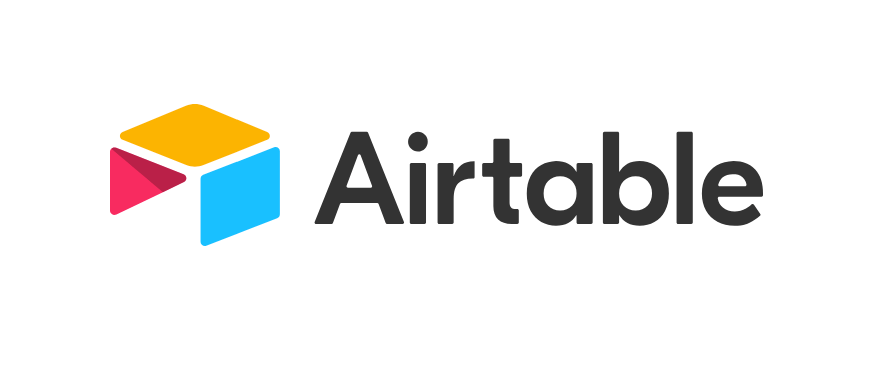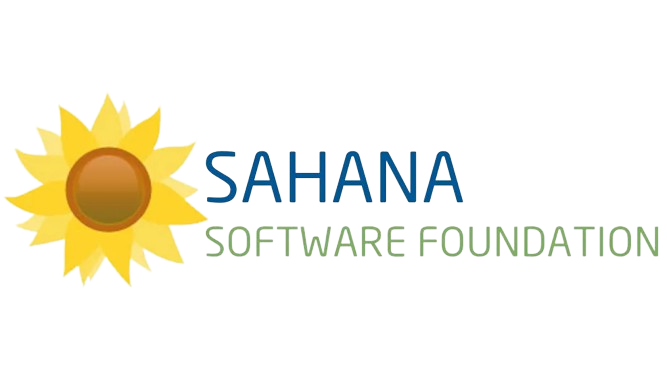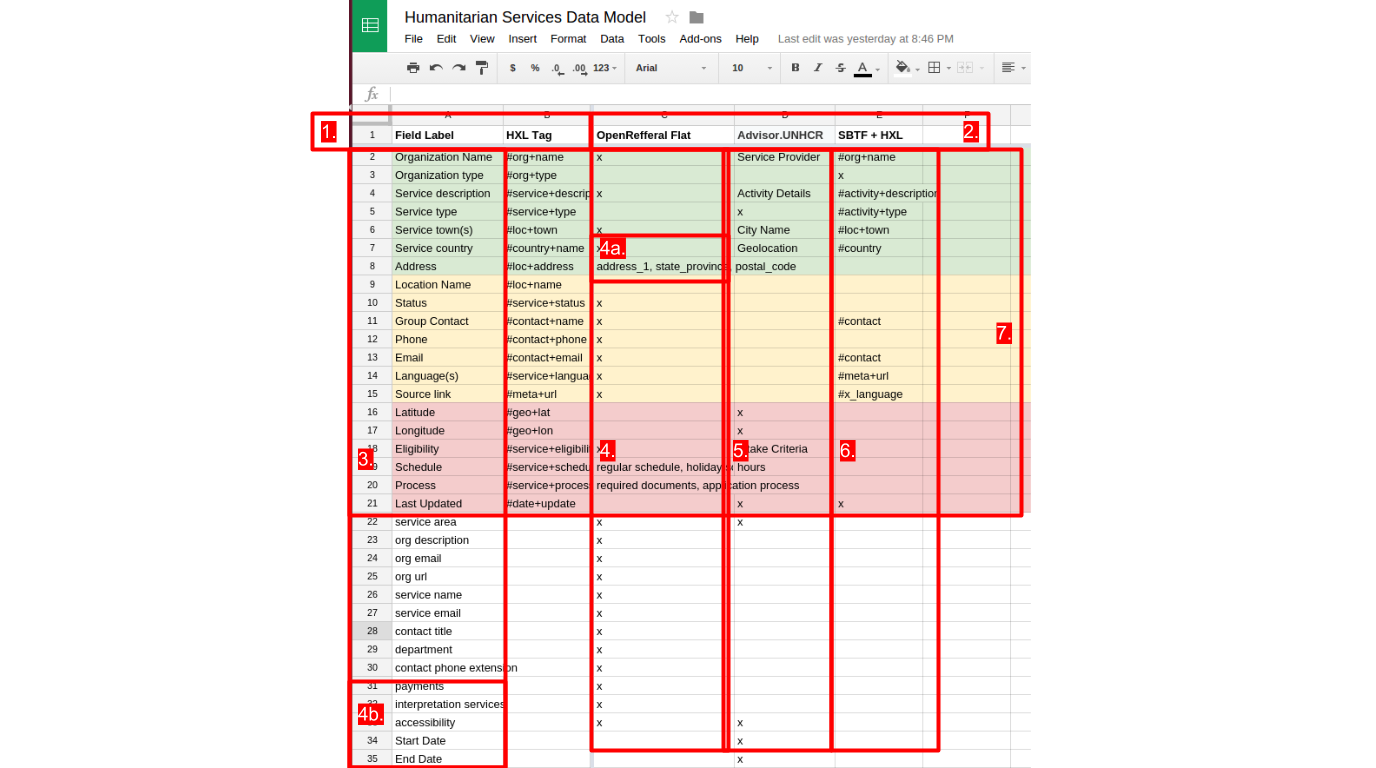Author: Devin Balkind
-

Presenting ORServices 3.0: a Complete Laravel-based Open Referral Directory Solution
I’m happy to announce that Sarapis is releasing a Laravel-based Open Referral Directory Solution (ORServices) as open source code! This software enables anyone to create their own community resource directory information system — with a level of design and functionality that is comparable to proprietary resource directory software systems that are available on the market.…
-

Delivering Open Referral Solutions with Airtable
In 2018, with a small grant provided by the Alliance of Information and Referral Systems to the Sahana Software Foundation, Sarapis developed an Airtable template of a community resource database using Open Referral’s Human Services Data Specification (HSDS). This project responded to a need articulated by many in our community for a lightweight, easy-to-use resource…
-

Stone Souping Social Service Information with Airtable
The Sahana Software Foundation makes high quality, open source information management systems for emergency preparedness, response, recovery and resilience. We were recently awarded a microgrant by Open Referral (using funding from Stanford’s Digital Impact program, with fiscal sponsorship from the Alliance of Information and Referral Services) to develop and deploy an open source system for…
-

Introducing the Humanitarian Service Data Model
Immediately after a disaster, information managers collect information about who is doing what, and where, and then turn this information into “3W Reports.” While some groups have custom software for collecting this information, the most widespread tool for this work is the spreadsheet. (Indeed, the spreadsheet is still the “lingua franca” of the humanitarian aid community, which…
-
Preparing for the Worst, Hoping for the Best: Data Standards, Superstorm Sandy, and our Resilient Future
In the wake of Superstorm Sandy, many residents of New York City were left struggling. Though a broad array of supportive services are available to survivors — from home rebuilding funds to mental health treatment — it’s often hard for people to know what’s available and how to access it. New York City lacks any…
